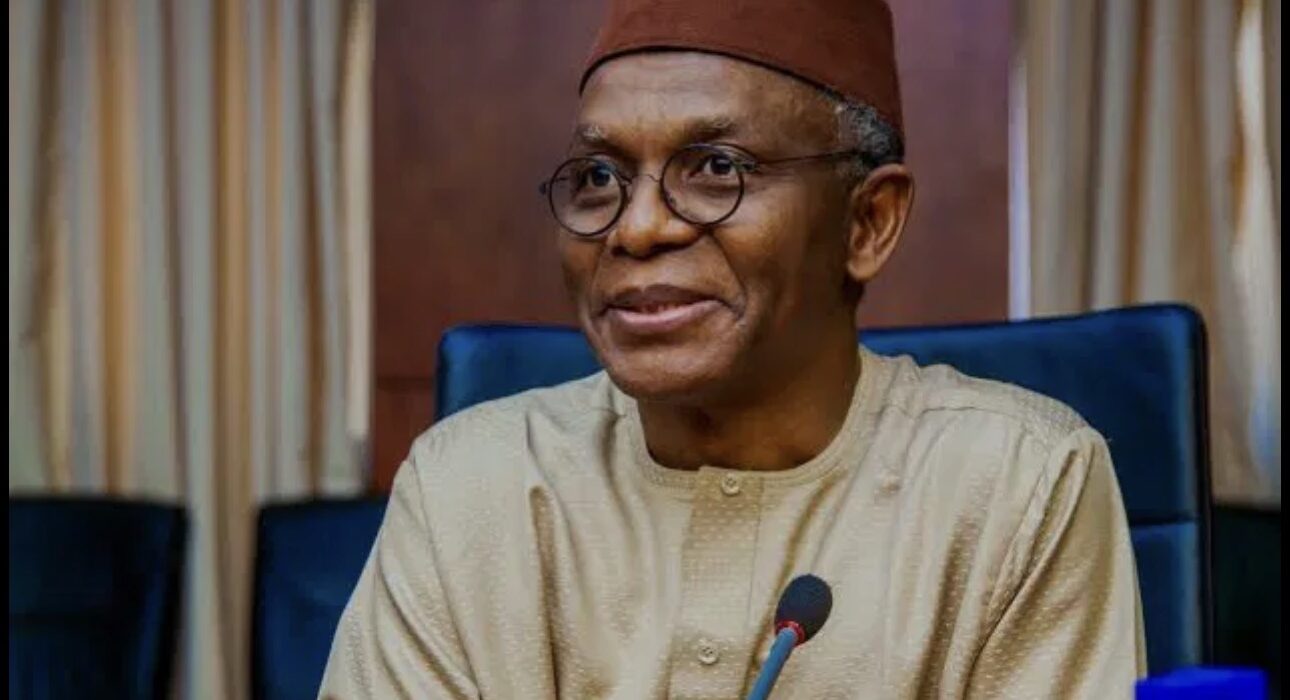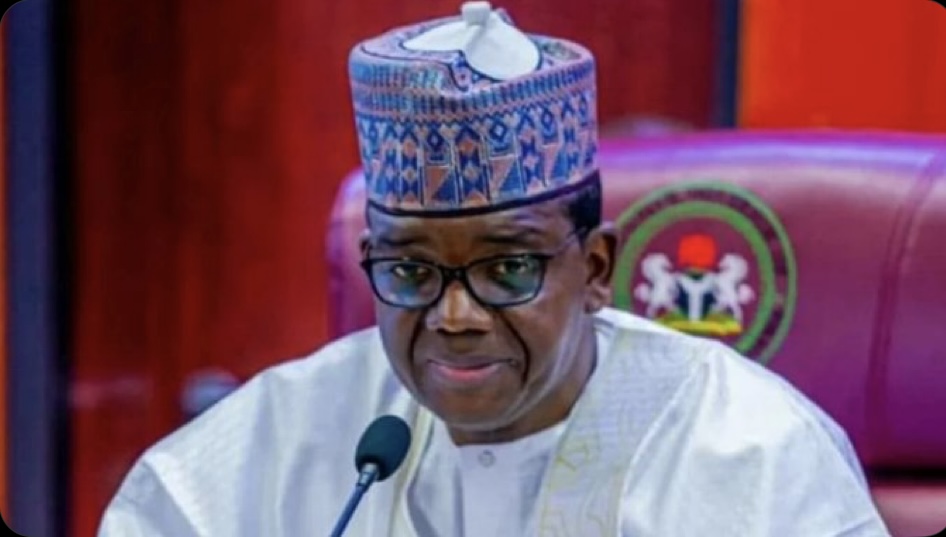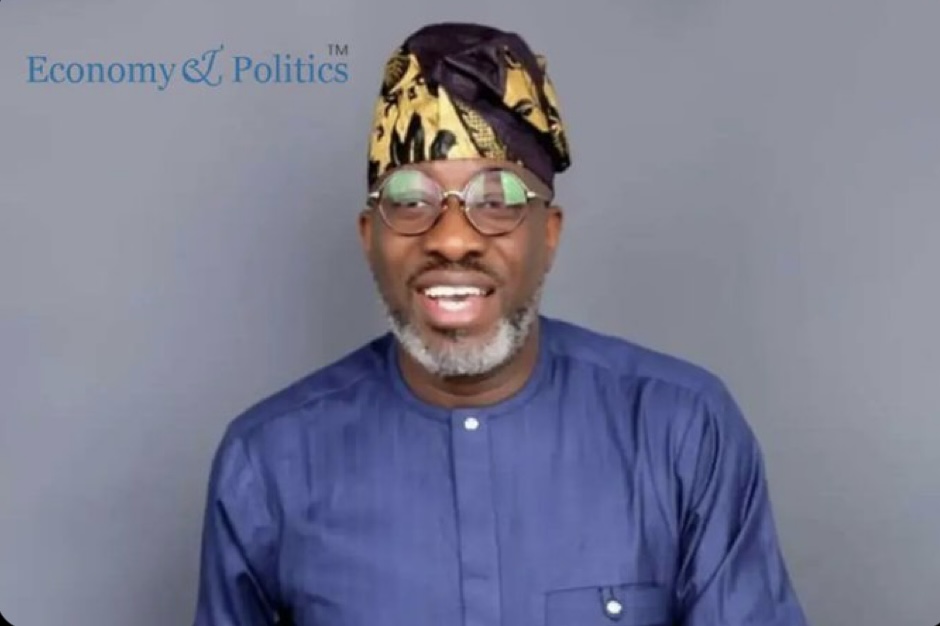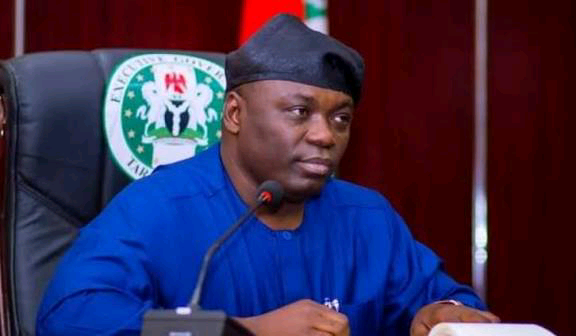Nigeria at 65: El-Rufai Urges True Federalism and Credible Elections

As Nigeria marks its 65th anniversary, former Kaduna State Governor, Nasir Ahmad El-Rufai, has renewed calls for deep political and structural reforms, stressing that the country must embrace true federalism and guarantee credible elections if democracy is to thrive.
El-Rufai, who has long been an advocate of restructuring, argued that successive governments often campaign on promises of federalism but abandon them once they assume office.
He noted that Nigeria’s over-centralized system of governance has stifled development and weakened the autonomy of the states.
“Politicians talk about federalism during campaigns but drop it when in power. Nigeria cannot progress without genuine devolution of powers. States must be given more responsibility, more control, and more authority to manage their own affairs,” El-Rufai said, while urging the National Assembly to revisit constitutional amendments that would empower sub-national governments.
Beyond governance structure, the former governor underscored the importance of free and fair elections, describing them as the foundation of any true democracy. According to him, without transparent polls, political leaders lack legitimacy, and the people’s faith in government is further eroded.
El-Rufai has previously chaired committees on federalism within his party, producing recommendations on issues such as state policing, resource control, and fiscal reforms.
However, many of these proposals have yet to be implemented, largely due to political resistance at the center.
As Nigeria continues to grapple with economic challenges, insecurity, and calls for restructuring, El-Rufai’s message resonates with long-standing demands for a governance system that reflects the country’s diversity while ensuring accountability.
His remarks add to growing national debate over how best to strengthen the country’s democracy as it enters its 66th year, with reform advocates pushing for both institutional changes and electoral credibility as pathways to a more stable future.









